
What is a Gout?
Gout is often called "Disease of Kings" because it usually develops as a consequence of diet rich in meat and excessive alcohol consumption. This disease is a type of arthritis that occurs in the case of accumulation of uric acid in the blood, tissues and urine. Uric acid is a byproduct of the certain foods digestion, so gout is closely related to diet. Obesity and inadequate nutrition can increase the risk of developing gout.Foods rich in purines increase level of uric acid in the body. Avoiding such foods will result in reduced level of uric acid in the body and reducing the intensity of symptoms in people suffering from gout.
Factors that may favor disease development include: obesity acute gout attacks are often the result of excesses alcohol intake consumption of food rich in purines (meat, fish) can cause a gout attack salt levels of uric acid in the blood can increase due to starvation when the body breaks down proteins any disease that affects kidney function and excretion of excess uric acid can cause gout other diseases, such as leukemia, may cause increased production of uric acid chemical components of some medications reduce the excretion of uric acid
Proper Dietary Habits
The risk of this disease can be significantly reduced by making some simple lifestyle changes. These include: losing excess weight avoiding alcohol - alcoholic beverages, especially beer, should be completely avoided. Alcohol stimulates the secretion of water from the body which causes the concentration of uric acid in the remaining body fluid. Also, alcohol itself causes the creation of uric acid. For these reasons, alcohol is poisonous for people who have problems with gout.avoidance of overeating, and meat-rich diet avoiding foods rich in purines (liver, kidneys, sardines, caviar, eggs, meat and meat extracts) drinking at least 6-8 glasses of water a day helps the kidneys in excess uric acid secretion the limited consumption of soft drinks and beverages containing caffeine Moderation in food and drink are the best solution for alleviating symptoms of gout.Dietary Guidelines
Fats and oilsUse 2 tablespoons of high quality cold pressed vegetable oil (sunflower, olive, oilseed turnip) daily in preparing meals. Don’t use more than 2 tablespoons (10 g) of heated oil, fat, butter or margarine in preparing a meal. Avoid fatty meals as much as possible, if you cannot resist them, do not consume them more than 2 times a week.
Sweets
You can eat sweets in moderate amounts. However, keep in mind that many sweets contain "hidden" fat.
Meat, eggs, fish
Do not consume more than one serving (80 - 120g) of brittle meat a day, 2-4 times a week. Eat chicken without foreskin because it contains the highest purine level. Avoid processed meats. Consume 1 -3 servings (100-120 g) of fish per week with previously removed the foreskin. Completely remove shellfish, processed fish, kidneys, brain, and liver from the diet. Don't eat more than 1-3 eggs per week.
Beans
Consume one serving of legumes per week.
Milk and milk products
Consume 2-3 servings of milk or dairy products a day.
Cereals, cereal products, potatoes
Consume at least 3 meals containing carbohydrate rich cereals and give priority to whole grains.
Fruits and vegetables
Eat fruit at least 2-3 times a day and vegetables 3-4 times daily with an emphasis on fresh fruits and vegetables.
Beverages
Drink plenty of fluids - 2-3 liters or 8-12 cups of unsweetened, non-carbonated, nonalcoholic beverages.


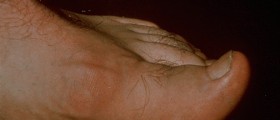

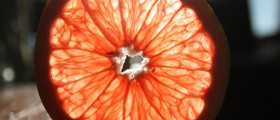
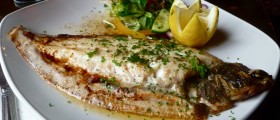


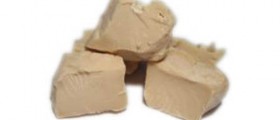


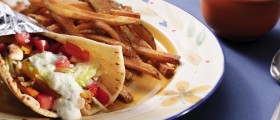
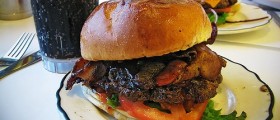
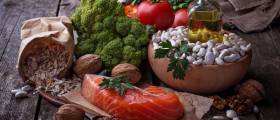
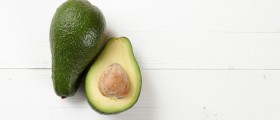
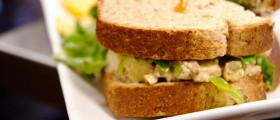

Your thoughts on this
Loading...